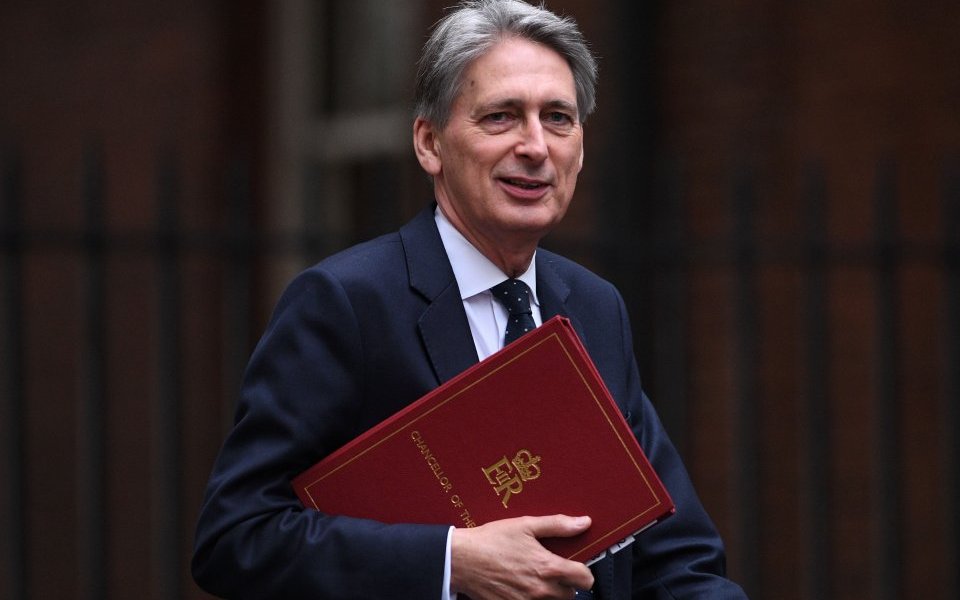Hammond to Urge CEOs to Invest in Making Brexit Work

EghtesadOnline: Chancellor of the Exchequer Philip Hammond will press British companies to try harder to seize opportunities from Brexit, promising in return that the government will heed their concerns over the split with the U.K.’s biggest trading partner.
Hammond will use a Monday dinner speech in London organized by the Confederation of British Industry to promote a Brexit deal based on the needs of the economy. He will though also call on executives not to use the looming divorce as an excuse to delay investment and recommend that they increasingly seek out contracts beyond the European Union.
According to Bloomberg, Hammond has emerged as the main cheerleader for a business-friendly Brexit after Prime Minister Theresa May’s poor election saved his place in her Cabinet and put her under pressure to rethink her approach to the breakup. That gave him strength to speak out, helping to shift the debate toward a negotiation focused more on safeguarding the economy than on curbing immigration.
There are already signs the new government is tuning into the demands of business leaders. It established last week a new advisory panel of industry lobby groups and some executives have been invited to talks with with Brexit Secretary David Davis at Chevening, the country estate he shares with Foreign Secretary Boris Johnson.
Still, some business leaders want their own separate group, similar to that set up by former Prime Minister David Cameron in which about 20 company heads met regularly with the premier to provide advice.
Change of Attitude
Businesses need a way to provide an “enduring constant connection that will last far longer than Brexit,” said Steve Varley, chairman and managing director for the U.K. and Ireland at EY. “We need to do something of more industrial strength.”
While May has held regular dinners with CEOs, she was previously seen as not being willing to hear about the challenges Brexit posed to business, said Scott Colvin, head of public affairs at Finsbury LLC, a public relations consultancy that represents a quarter of FTSE 100 companies.
Nevertheless, it’s Hammond who is now viewed as the voice of business inside government. He will also use Monday’s speech to urge firms to hire British workers, arguing boosting skills will spur productivity and a better-performing economy.
In calling for a “jobs first” Brexit, Hammond has proposed a lengthy transition after March 2019, potentially as long as four years, to stop businesses falling over a “cliff edge.” During that time current customs border arrangements would remain in place to smooth passage to a new deal that still “protects the free flow of trade,” he’s said.
‘Bad Outcome’
Since the election, the chancellor has also argued that leaving the Brexit talks without a deal, as some including May have threatened, would be a “bad outcome” and that immigration should be managed rather than “shut down.” He’s also warned that any fragmentation of financial services after Brexit could result in highest costs for companies both in Britain and Europe.
His approach has been challenged from within May’s Cabinet with Davis last week accusing Hammond of being inconsistent. Davis says Britain will leave the customs union and single market in March 2019 and that any transition won’t run beyond the 2022 election. May said last week that any implementation period won’t be “unlimited.”
“There is a really good opportunity here but Hammond needs to take control,” Colvin said. “Some of these business leaders might have the answers to keeping the economy going through Brexit negotiations and beyond.”


